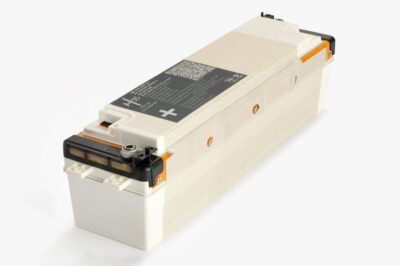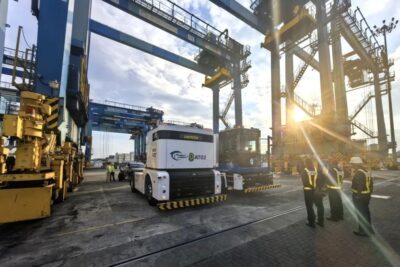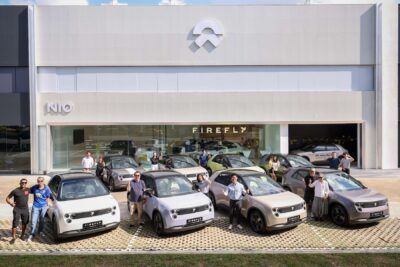Mercedes announces EQC recall in China due to fire hazard
The recall affects EQC models manufactured in China between 30 November 2018 and 17 September 2022. Production of the model was discontinued shortly afterwards. According to the Chinese market supervisory authority, SAMR (State Administration for Market Regulation), the faulty software will be updated free of charge via authorised dealers from 27 September 2025. It is not yet clear whether the EQC built in Germany is also affected by the problem.
Until then, Mercedes-Benz recommends that affected customers limit the maximum charge level of the battery to 80 per cent as a precautionary measure. This could help to reduce the risk of a thermal event. The potentially dangerous malfunction in the software of the battery management system is that it can lead to a so-called thermal runaway of the high-voltage battery under extreme conditions – a process that can trigger vehicle fires in the worst-case scenario.
This is the second safety-related recall by Mercedes-Benz in China within just a few months. As recently as March 2025, the Group recalled over 12,000 EQA and EQB models in the country, at that time due to production defects in the high-voltage batteries, which could lead to short circuits and a fire hazard. However, the recall was not only triggered in China, but globally: a total of 33,705 vehicles built between 2021 and 2024 were affected worldwide, including 3,119 in Germany.
Image problem in the most important EV market
In 2019, the EQC was the first all-electric vehicle that Mercedes-Benz produced locally, specifically for the Chinese market. However, numerous customers had already complained about motor problems with the EQC in early 2022. The current recall reports could further undermine the confidence of Chinese consumers, especially in an increasingly competitive market with strong domestic competitors such as BYD and Nio.
China is a world leader in the regulation of electric vehicles and their safety. The SAMR regularly publishes recall reports, particularly in the area of battery safety. Thermal runaway is considered particularly dangerous: this chemical process can cause the battery to overheat uncontrollably and ignite.
Despite the setbacks, Mercedes-Benz emphasises its commitment to maximum safety and transparency. The Group promises to provide affected customers with comprehensive information and to provide technical solutions quickly. Nevertheless, the current case shows how crucial robust battery management is in electromobility.





0 Comments